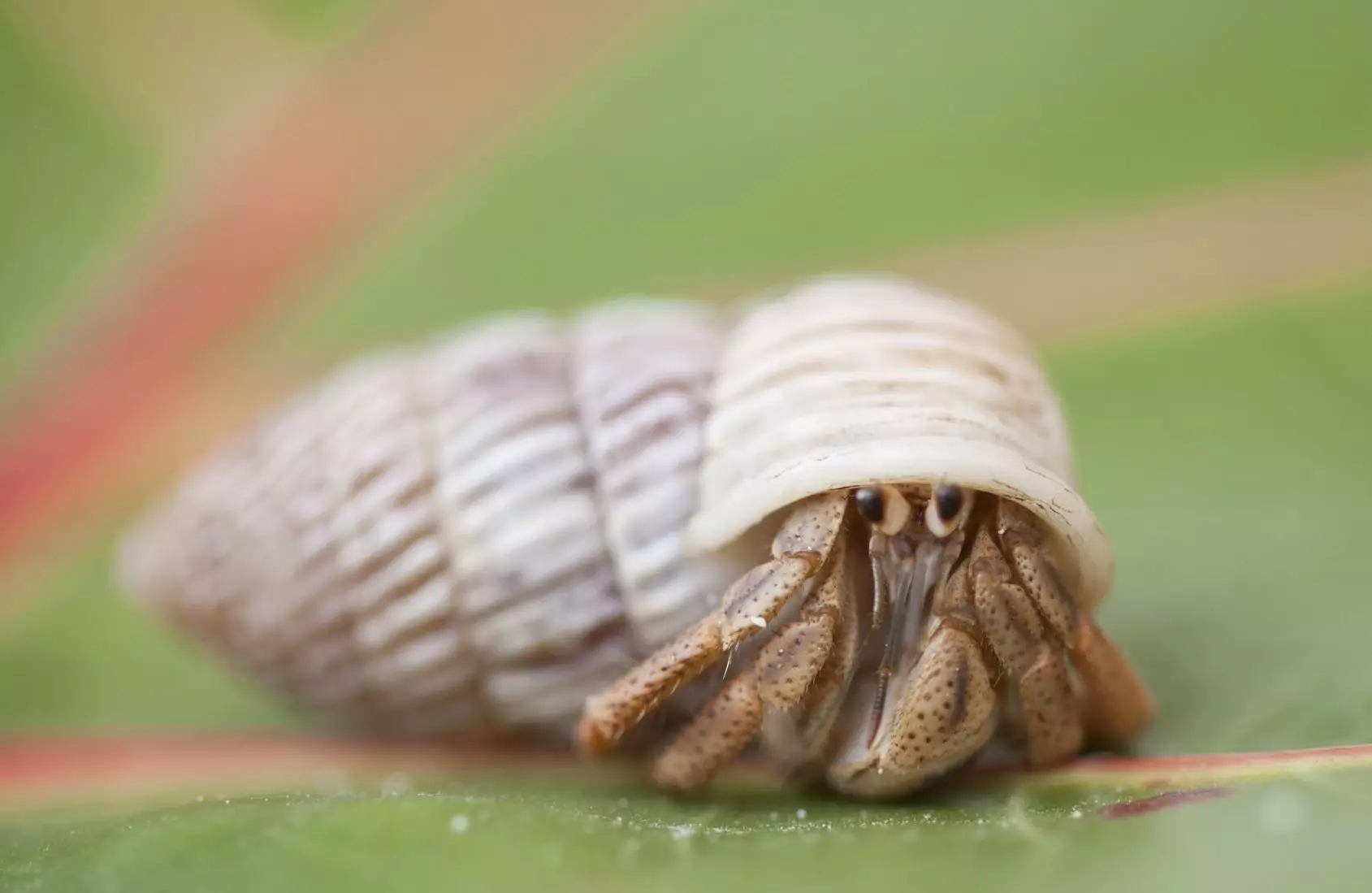Hermit crabs, fascinating yet often overlooked pets, require a careful balance of nutrition to thrive in captivity. Understanding their dietary needs is crucial for their well-being and longevity. This article delves into what hermit crabs should and shouldn’t eat, offering practical insights for prospective hermit crab owners.
Hermit crabs are omnivorous creatures, meaning they consume both plant and animal materials. In their natural habitats, they forage for a variety of foods, but when it comes to feeding them in captivity, a structured approach is vital. Although readily available commercial hermit crab diets can seem convenient, they are just the foundation of a well-rounded diet. A balanced diet should be established by incorporating both commercial products and fresh foods, ensuring that hermit crabs receive a spectrum of nutrients.
Choosing the right commercial food can sometimes be challenging, especially for those living in areas with limited pet shop options. However, several reputable brands, such as Florida Marine Research and Zoo Med, offer nutritious formulas that cater to the dietary needs of hermit crabs. These pelleted foods are typically more nutrient-dense than other options, and they can be fed on a daily basis. For particularly small crabs, crushing the pellets or moistening them can facilitate easier consumption.
Commercial diets alone do not suffice; incorporating a variety of fresh foods is crucial for nourishing your hermit crab. Fruits and vegetables serve as essential sources of hydration and vitamins. Populate their diet with an assortment of options, rotating selections daily to maintain interest and provide diverse nutrients. Safe fruits include mangoes, papaya, bananas, and melons, while leafy greens such as spinach and watercress can round out their veggie intake.
That being said, certain foods should be approached with caution. Highly acidic fruits like citrus, tomatoes, and potatoes should be mitigated or avoided entirely, as they can disrupt your hermit crab’s digestive system. Foods with high salt, sugar, or fat content, such as chips or sweet cereals, are also detrimental and should be excluded from the diet.
Calcium plays a significant role in the health of hermit crabs, particularly during their molting process. This mineral supports the development of their exoskeleton, and a deficiency can lead to severe health complications. To ensure your crabs receive adequate calcium, consider providing cuttlebone, calcium supplements, or crushed oyster shells. These sources are practical and easily available, promoting a robust health profile.
Many owners overlook the importance of these calcium supplements, risking their crabs’ health. A proactive approach helps maintain strong exoskeletons and prevents complications during molting, which is when hermit crabs are most vulnerable.
Moreover, providing the right water conditions is equally essential for hermit crabs’ overall care. They require both fresh and saltwater for hydration and bathing. Freshwater should always be dechlorinated to eliminate harmful chemicals, while saltwater should mimic the natural marine environment. Products such as Instant Ocean are available and important in creating a suitable habitat.
It’s vital to maintain separate shallow dishes for both types of water, ensuring that hermit crabs can soak or drink without the risk of drowning. Natural materials, like smooth stones, can help create a safe exit for crabs that venture into the water, enhancing their exploration and learning.
The environment in which hermit crabs are fed also greatly affects their eating habits. Use shallow and sturdy dishes to make feeding and cleaning straightforward. Ceramic dishes or heavy plastic, ideally designed to mimic natural rock structures, can create a familiar setting. Additionally, natural sea sponges can be included in water bowls, not only providing a source of hydration but also aiding humidity within their habitat.
The feeding routine can significantly impact your hermit crab’s happiness and well-being. Observing their preferences and adjusting the diet accordingly indicates a careful consideration of their needs, and fosters a deeper bond between the owner and hermit crab.
Taking care of a hermit crab goes beyond simple daily feeding; it requires a comprehensive understanding of their dietary needs, environmental factors, and health considerations. Providing a balanced diet with both commercial and fresh foods, along with adequate calcium and water sources, establishes the best foundation for your hermit crab’s health. As these cherished creatures are kept in captivity, their well-being becomes our responsibility. Through informed choices and consistent care, hermit crabs can live vibrant and fulfilling lives in our homes.

